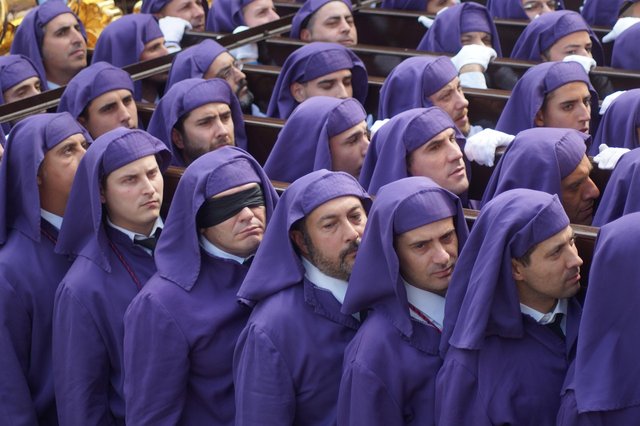Holy week and its meaning
Holy Week is one of the most important celebrations for Christians around the world, as it commemorates the passion, death and resurrection of Jesus Christ. This week is celebrated during the last days of Lent and culminates on Easter Sunday, also known as Easter Sunday.
It has its roots in Christian tradition and was established at the Council of Nicaea in 325 A.D., when it was decided that the passion and death of Jesus should be commemorated before celebrating his resurrection. Over the centuries, Easter has acquired different traditions and rituals in different parts of the world, but the main objective remains the same: to remember and reflect on the sacrifice of Jesus Christ for the salvation of mankind.
For Christians, Holy Week represents a time of penance, reflection, prayer and spiritual renewal. It is an opportunity to remember God's unconditional love, the importance of forgiveness and the hope of resurrection. Through religious ceremonies, such as processions, liturgical offices and participation in the sacraments, believers seek to draw closer to God and strengthen their faith.
To summarize, Holy Week is important because it helps us remember and celebrate the central event of the Christian faith: the death and resurrection of Jesus Christ. Through this celebration, believers seek to strengthen their relationship with God, renew their faith and live according to gospel values.
